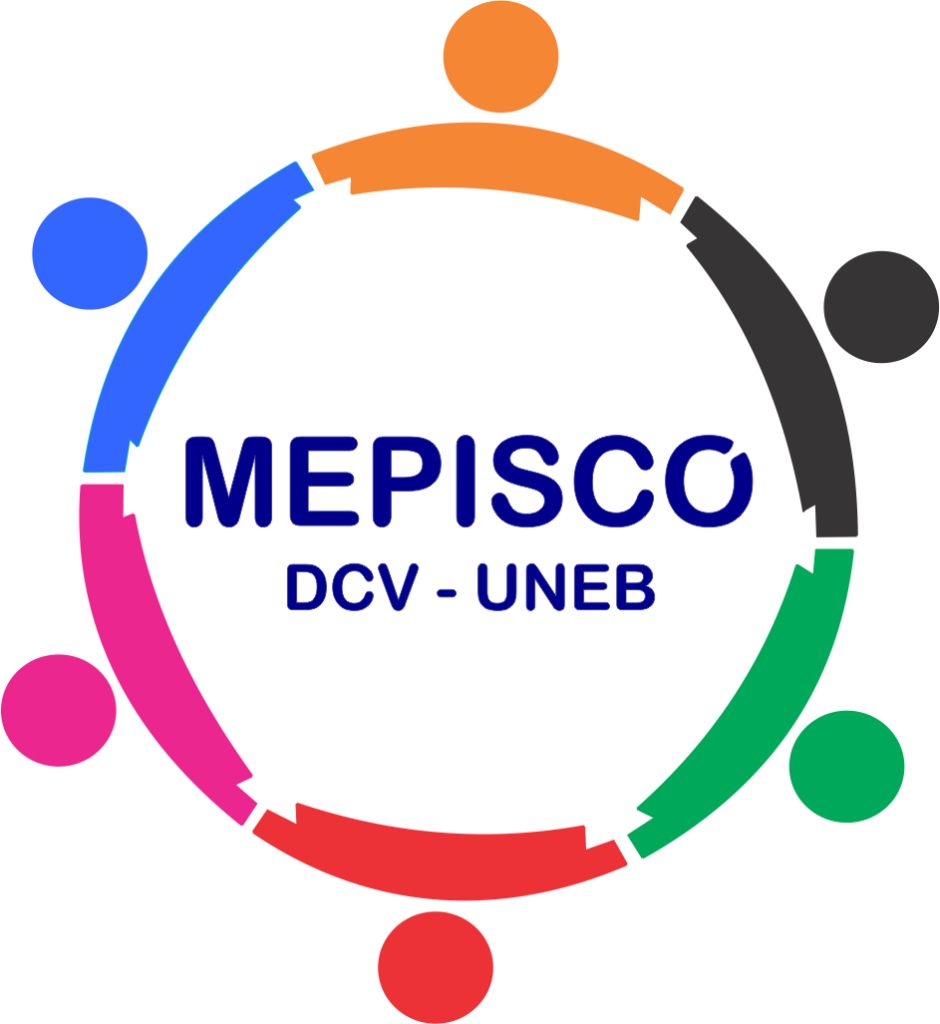
The Professional Master in Public Health (MEPISCO) is another privileged academic space for the construction and deepening of the relations between the University, management and health services. In this way, MEPISCO will train professionals from different backgrounds working in health services or in management such as Doctors, Nurses, Physiotherapists, Nutritionists, Speech Therapists, Pharmacists, Dentists, Social Workers, Psychologists, Occupational Therapists, Biologists, Architects, Teachers, Graduates in Law, among others. The Program’s target audience will be composed of managers and professionals who occupy the technical staff of Municipal Health Secretariats and the State Health Secretariat of Bahia, as well as professionals from the health care network, strengthening the Unified Health System (SUS)and qualifying its workers.
The proposal of this Professional Master in Public Health, at the State University of Bahia (UNEB), arises from the need to meet the existing and growing demand for qualification of SUS workers and managers in the city of Salvador and the metropolitan region. UNEB does not yet have any stricto sensu postgraduate courses in the Health field. However, it has worked on different fronts, as explained, and has provided various health services to the population of Salvador and the metropolitan region, through its regular courses in graduation (medicine, nursing, nutrition, physiotherapy, pharmacy and speech therapy), post-graduate latu sensu / residency, medical service, nutrition and physiotherapy service, research and extension projects. Recalling that in the National Graduate Plan, public health is considered a priority development agenda until 2020 (PNPG 2011- 2010).
The desire to implement a Professional Master’s Program in Collective Health is the result of an integration process that has been taking place among professors in the area of Collective Health at UNEB. The incorporation of the National Curriculum Guidelines, proposed by the Ministry of Education for Undergraduate Health Courses, pointed out the importance of considering the training of professionals who meet the demands of the Unified Health System (SUS), a reason that also defined the use of the principles of SUS as a benchmark for the construction of new curricular matrices for health courses at DCV-UNEB. The valorization of health education, promotion of quality of life and humanization, teamwork and valuation of teaching-research-service integration are present in the entire curriculum design.
In this context, the insertion of UNEB, as a higher education institution, and properly of CVD in the National Program for the Reorientation of Professional Training in Health (Pro-health) and in the Education through Work Program (PET- Health / Vigilance in Health) occurred at the same time as the implementation of the Medical Course (1st semester of 2012) as well as the implementation of the resized curricula of the existing courses (Nursing, Pharmacy, Physiotherapy, Speech Therapy and Nutrition). Currently, since 2016, the CVD has been discussing new curricular changes based on PET-GRADUASUS (2016-2017), a project of the Ministry of Health that aims to consolidate the teaching-service-community integration and to change the curricula based on the new guidelines.
It should be noted that these programs proposed by the Ministry of Health, the Federal Government, were launched to encourage transformations in the multiprofessional and interdisciplinary training process, to generate knowledge and provide services to the population, for a comprehensive approach to the health-disease process, as well as to enable the improvement and specialization in service of
In this scenario, the realization of internships and applied practices, all of a curricular character, is already a reality, as well as initiatives for continuing education of service professionals as a counterpart of the University, through courses and workshops offered. These activities are carried out through activities developed in different practice scenarios involving teaching, research and extension in conjunction with the Municipal Health Secretariat of Salvador (SMS) and the Health Secretariat of the State of Bahia (SESAB) which has a fundamental role in implementing this Pedagogical Project. In this perspective, the curricular component of the Integration Program Academy, Service and Community (PIASC) stands out, of a multidisciplinary and interdisciplinary character, offered in the first three semesters of all courses at the CVD. PIASC (I), offered in the 1st. Semester of the Course provides knowledge of the territory of the Health District; PIASC (II), in the 2nd. Semester, aims at the knowledge of the Health diagnosis in the territory; and PIASC (III), offered on the 3rd. Semester, the concepts of health planning and its applicability in the daily routine of health services are discussed, focusing on Situational Strategic Planning (PES), organization and carrying out an intervention in the community, based on the Municipality’s Health Policies, and taking into account the knowledge acquired and the related discussions in the previous semesters, there is planning and intervention in face of the evidenced needs and in accordance with the Health Policies existing or practiced in the Municipality. Many teachers who make up this proposal are PIASC teachers. Undergraduate students will be able to work in conjunction with MEPISCO students integrated in research projects, in interventions in territories, in situational analysis and feedback on the work carried out.
In addition to this aspect, we cannot disregard the importance of this program to meet the lack of stricto sensu graduate courses, in the professional modality, in the state of Bahia that presents a huge demand. Moreover, the implementation of MEPISCO will meet the reintegration in research of other phD-UNEB doctors, as well as train expert professors with interest in the Professional Master’s Degree.
